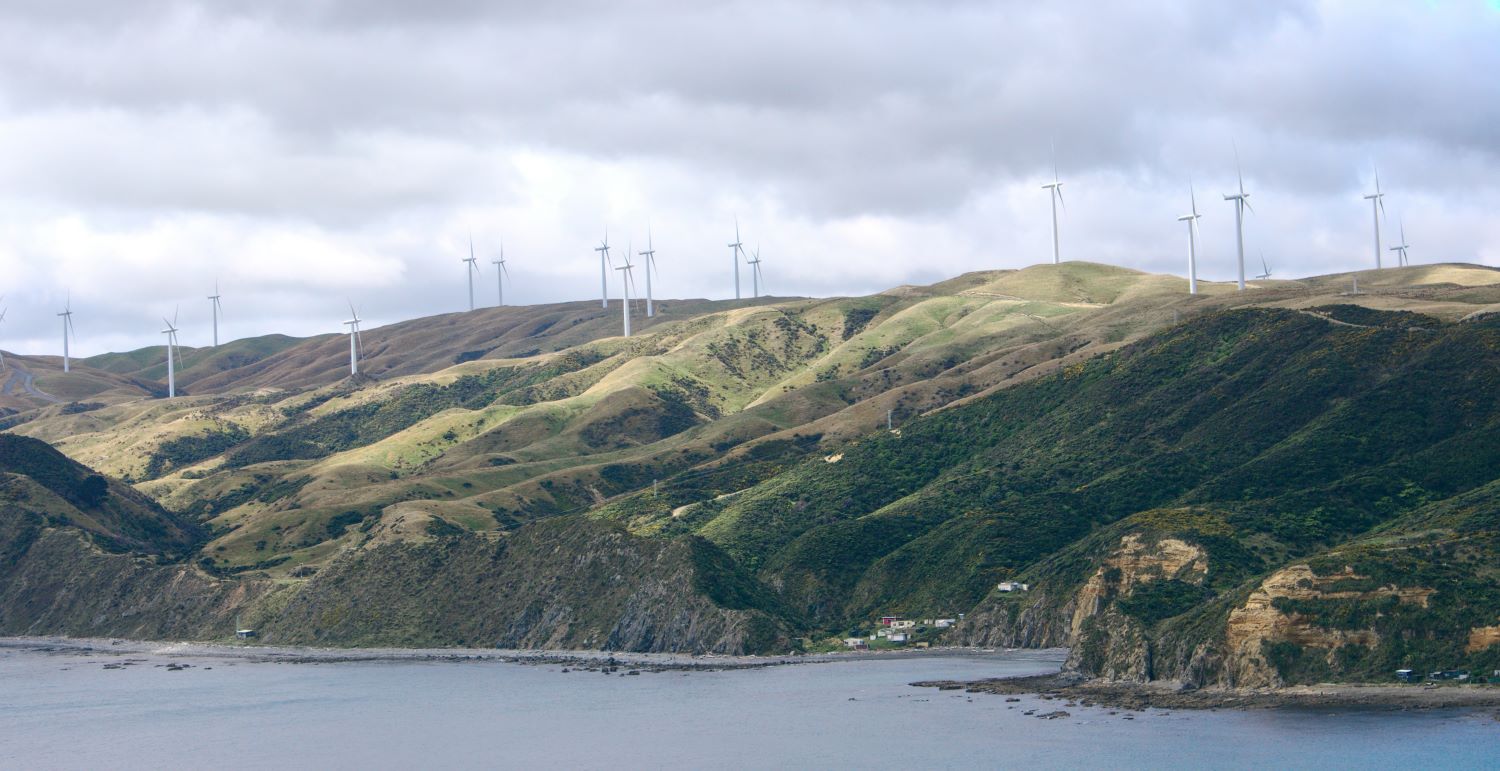The Emissions Trading Scheme (ETS) is an extensive and complicated system with an increasing media presence in climate change related topics. The most recent example being a judicial review filed 9 May 2023 by Lawyers for Climate Action against the cabinet decision made by Minister for Climate Change James Shaw on the ETS. But what is the ETS? Below we provide a breakdown of what the ETS is.
The ETS framework
The ETS was implemented under the Climate Change Response Act 2002 as a key tool for ensuring that New Zealand meets its domestic and international climate change targets set by the United Nations Convention on Climate Change via the Paris Agreement. The ETS is used as a tool in New Zealand’s emissions reduction plan and its related emissions budget to help NZ meet its net zero greenhouse gas emissions by 2050 (other than for biogenic methane ie. livestock emissions).
The ETS regulates the following greenhouse gases: carbon dioxide, methane, nitrous oxide, any hydrofluorocarbon, any perfluorocarbon, and sulphur hexafluoride. The sectors involved in the ETS include forestry, waste, agriculture, synthetic gases, industrial processes, liquid fossil fuel (this includes transport), and stationary energy.
It is mandatory or voluntary to join the ETS depending on whether or not an owner or operator satisfies the criteria set out in the Climate Change Response Act 2002. Those who join the ETS are called a “participant”.
The functions of the ETS are controlled by the Environmental Protection Authority (EPA). This includes maintaining the ETS Registry, which is publicly available and can be found here.
Changes to the ETS can be made by the Ministry for the Environment or the Minister of Climate Change. This depends on what amendments are to be made eg. the Minister of Climate Change updates the price controls of the ETS based on advice provided by the Climate Change Commission.
New Zealand Units
New Zealand Units (NZUs) are an NZ currency created by the ETS to charge participants for emitting carbon dioxide or greenhouse gases. One NZU is equivalent to one metric tonne of carbon dioxide (or equivalent greenhouse gas) emitted. NZUs can be auctioned, purchased directly from the Government, allocated by the Government (this helps participants meet their obligations) or gifted by the Government for performing activities that remove greenhouse gases from the atmosphere.
The NZU market is like a stock market in the sense that the price of an NZU varies depending on how many units are available in the market and current events such as weather events. However, there is an upper and lower limit on the price of an NZU. If one of these limits is reached then either more NZUs are released into the market, or NZUs are removed from the market to stabilise the price. As of publication, the price of one NZU is $52.00.
ETS Registry
The ETS Registry is like a bank account for holding NZUs. Participants must register with the Registry in order to report and surrender NZUs as part of their ETS obligations. Participants can also trade NZUs between participants through the Registry. However the Registry does not provide a mechanism to cash out NZUs.
As part of a participants surrendering obligations, a participant will need to earn or buy NZUs throughout their industries reporting period. Then when it is time for a participant to meet their surrendering obligations, the participant will surrender NZU’s to the EPA that is equivalent to the emissions that the participant released in that reporting period. For example, if a participant released 20 tonnes of greenhouse gas in a reporting period, they will be required to pay 20 NZUs. All sectors have surrendering obligations except for the agriculture industry but, a pricing mechanism is under development for the agriculture industry through He Waka Eke Noa.
The Registry used to hold international units from offshore initiatives called ‘Kyoto units’ but as of 2015 these units are no longer permitted in the NZ ETS.
Please get in touch if you would like to discuss more about the ETS and how it could affect your business.



